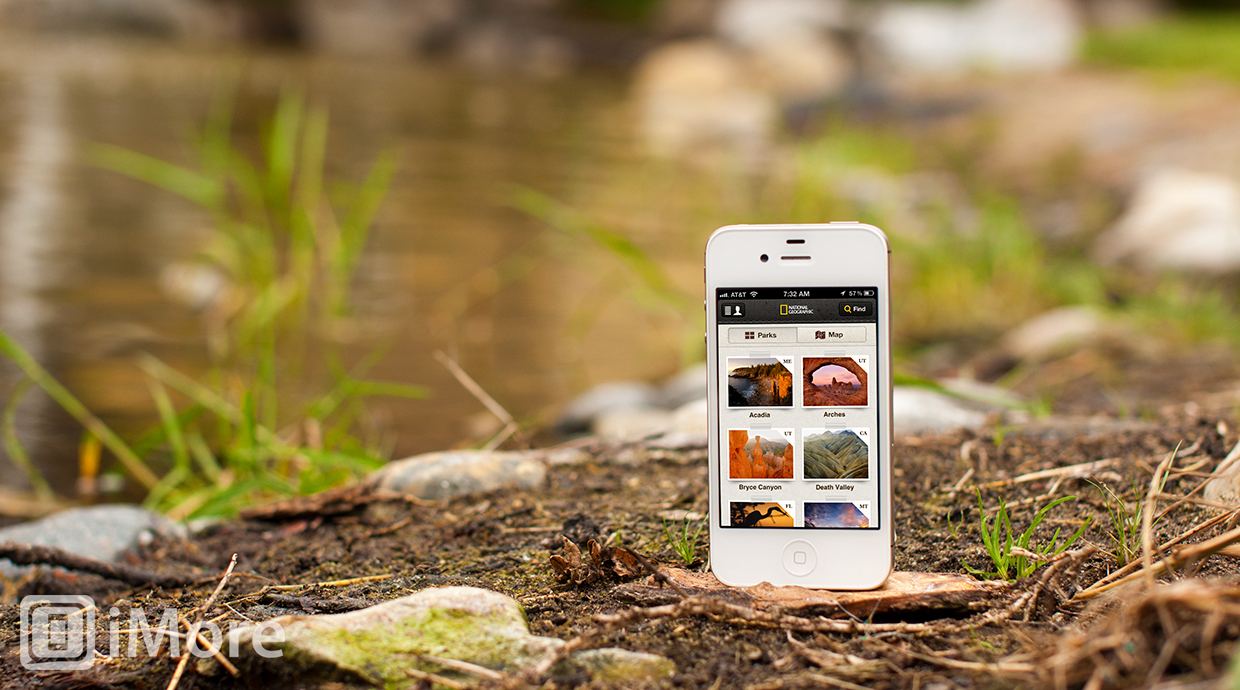Apple removes EPEAT environmentally friendly certification from their products

Apple has removed the EPA (Environmental Protection Agency) EPEAT (Electronic Product Environmental Assessment Tool) certification from 39 of their product lines, including displays and computers. The Wall Street Journal quotes Robert Frisbee, CEO of EPEAT:
“[Apple] said their design direction was no longer consistent with the EPEAT requirements,” Frisbee said. The company did not elaborate, Frisbee said. “They were important supporters and we are disappointed that they don’t want their products measured by this standard anymore.”
The general assumption seems to be that with products like the new iPad and the Retina MacBook, Apple's design and manufacturing process is emphasizing thinness and lightness over recyclability and repairability. This may or may not matter to consumers, who are increasingly faced with disposable, appliance-like consumer electronics. However, some private and public organizations require EPEAT certification for bulk purposes.
Would these organizations bend or break their own rules just to get Apple products on the floor? It likely doesn't matter. There's no EPEAT certification for tablets or smartphones, and the iPad and iPhone comprise the vast majority of Apple's earnings. Even for Macs, consumer purchases likely dwarf organizational buying.
EPEAT is also only part of the typical environmental checklist Apple presents during new product announcements. Whether Apple decides they're important enough to go with a different certification, to create their own, or ultimately to blaze ahead with no particular environmental certification remains to be seen. My guess is Apple's priorities lie elsewhere, and the value they get from pursuing new products like the Retina MacBook Pro vastly outstrip any benefits they got from hanging out someone else's thumbs-up pin.
iMore's own Ally Kazmucha, who also operates iOS device repair shop, PXLFIX, has previously taken issue with Apple's increasing divergence from repairable technology, as has iFixit's Kyle Wiens writing for Wired, and Richard Gaywood at TUAW.
Apple does run their own recycling program. Given Apple's market, the loss of EPEAT isn't a big deal. Given that same market, however, how Apple pursues recyclability in the future certainly still is.
We'll have to watch and see.
iMore offers spot-on advice and guidance from our team of experts, with decades of Apple device experience to lean on. Learn more with iMore!
Source: The Wall Street Journal

Rene Ritchie is one of the most respected Apple analysts in the business, reaching a combined audience of over 40 million readers a month. His YouTube channel, Vector, has over 90 thousand subscribers and 14 million views and his podcasts, including Debug, have been downloaded over 20 million times. He also regularly co-hosts MacBreak Weekly for the TWiT network and co-hosted CES Live! and Talk Mobile. Based in Montreal, Rene is a former director of product marketing, web developer, and graphic designer. He's authored several books and appeared on numerous television and radio segments to discuss Apple and the technology industry. When not working, he likes to cook, grapple, and spend time with his friends and family.
